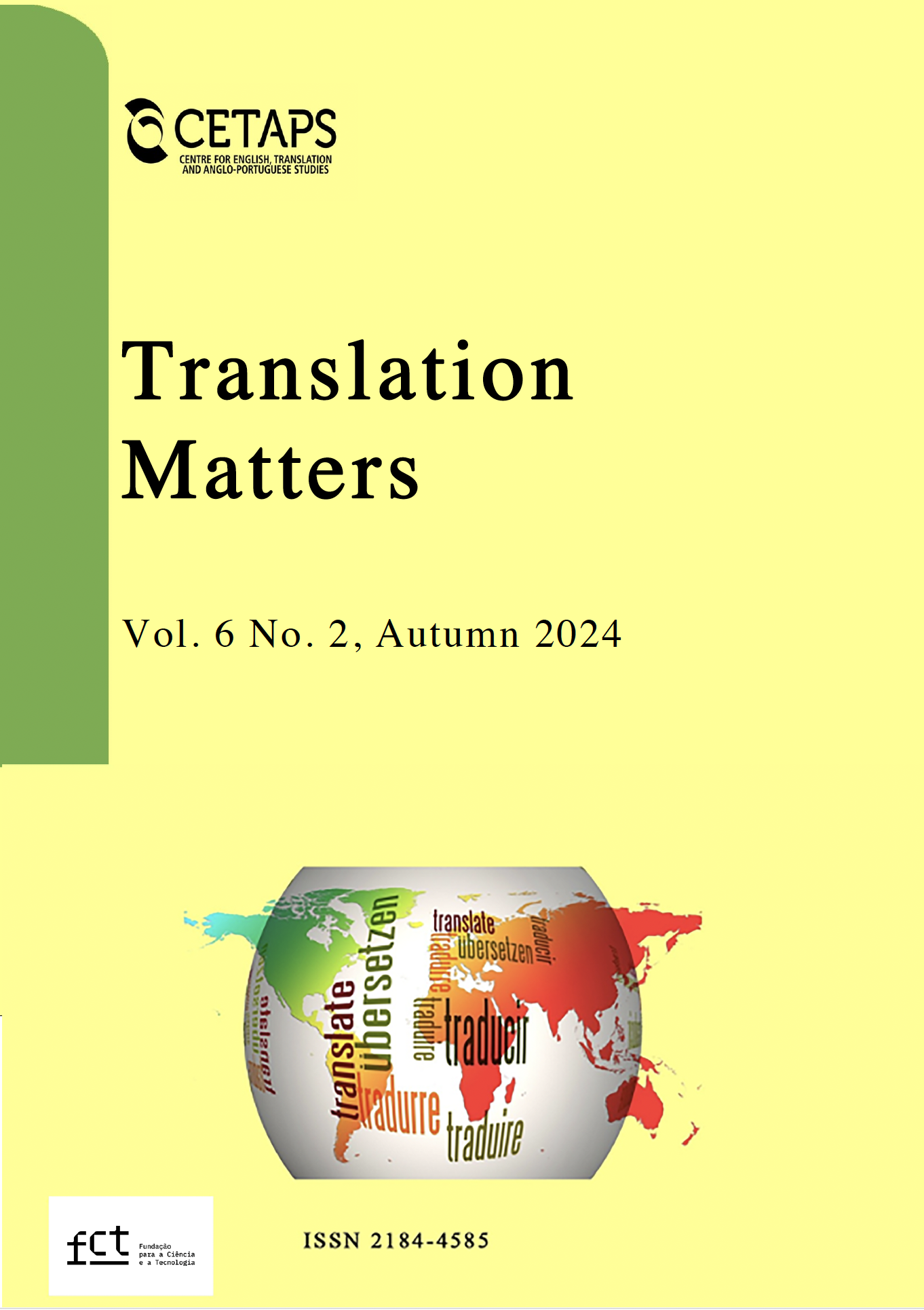Epistemic translation in law and economics: A tentative typology
Resumo
The field called economic analysis of law or law and economics is an interesting case of epistemic translation, which illustrates well some of the difficulties involved and allows us to identify ways of performing it effectively. The economic analysis of law tends to irritate legal scholars, who complain that it disrespects legal discourses. The idea that this might be a form of translation has been invoked several times, in particular, to articulate the problem of how to transport knowledge from the realm of economics to law: how to make economic insights legally relevant. The following four techniques have been used to solve this interepistemic translation problem: implicit translation; regimentation; terminological approach; inferentialist approach. This article presents these techniques and examples of their application in the economic analysis of law, before going on to discuss their relationship with the conceptual foundations of the epistemic translation.
KEYWORDS: Epistemic Translation; Law and Economics; Interepistemic Translation Problem; Irritation; Relevance; Equivalence
Downloads
Publicado
Edição
Secção
Licença
Direitos de Autor (c) 2024 Translation Matters

Este trabalho encontra-se publicado com a Licença Internacional Creative Commons Atribuição 4.0.








